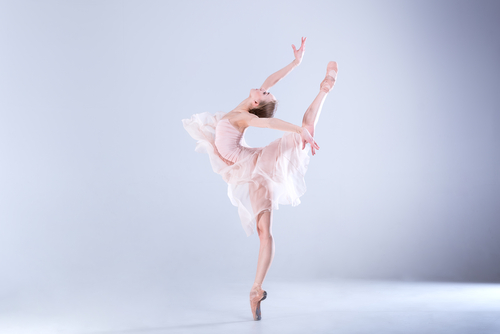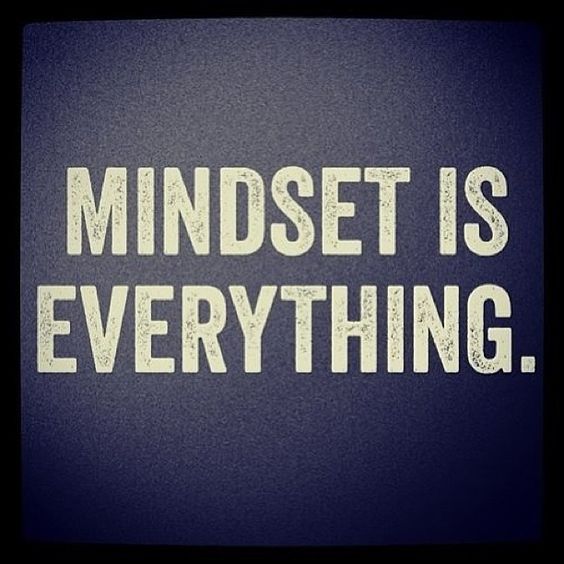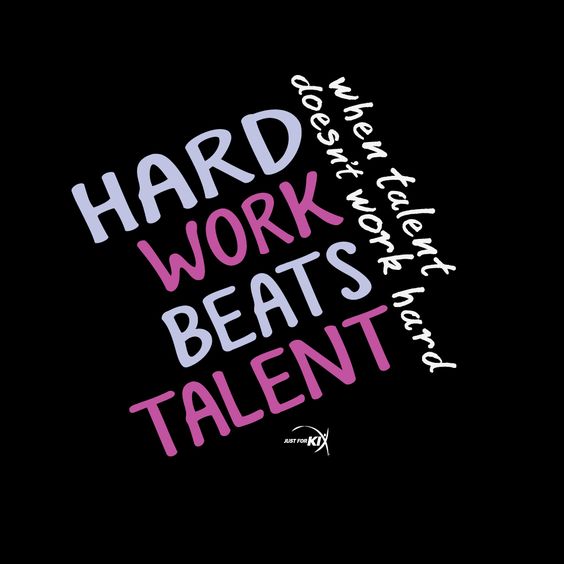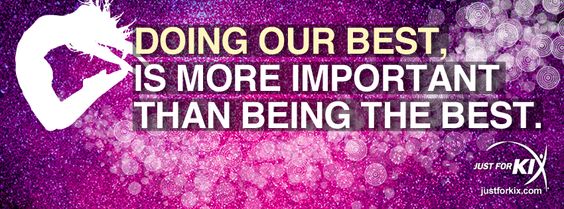Dance Talk
Our dance season never ends. Learn dance tips from the best.
Quotes and Tips for Praising Your Dancers

Whether you’re a coach or a parent, you know that there's power in praise.
And there's research that backs it up. But did you also know that over-praise, or praising inappropriately, can have negative effects, as well? That's right, there's actually a right and wrong way to deliver it. Kids can develop feelings of entitlement or narcissism with constant praise. This too can happen when parents or coaches praise in the wrong way -- such as by complimenting one dancer by tearing down another.
Instead, as a leader in dance instruction and provider of dance wear, we know first-hand that the right kind of praise and encouragement -- at the right times -- helps children and dancers become more open to change and improvement, and more eager for challenges. Here's how to give it:

FOCUS ON EFFORT
Many parents and coaches tend to focus on outcome. But too much focus on outcome and talent gets kids hooked on success and leaves them vulnerable when they do fail.
For instance, when they make a mistake, they'll have a harder time rectifying it because it undermines their identity as "the best dancer" or "the star performer." Likewise, they'll also be more fearful of taking on new challenges due to the possibility of failure that comes along with it.
Focusing on effort, instead, can actually help kids overcome feelings of helplessness and empower them toward success. Make them feel great!

This is because it underscores the process -- the hard work, the diligence, the never-give-up attitude. Not only will this kind of complimenting help them become more persistent, but they also won't overthink mistakes and failures when they do happen. Rather, they'll approach them as problems to be solved.
Plus, when you reinforce the effort, then you're encouraging a mindset in your child or students that through hard work and effort, they can grow, evolve and getter better. In addition, focusing on the process -- and every successful baby step within it -- makes you a partner within it.
As the saying goes, it's the journey, not the destination that really matters. So when praising, offer thoughtful encouragement on hard work, perseverance, and practice instead of sugary compliments like "You're an awesome dancer!"
Here are a few examples of some helpful, coaching quotes to say: "You really worked hard getting ready for that performance. You showed up to every rehearsal early and even stayed later to get the steps right. It really worked and I'm proud of you!" Or "You've been training hard, and today you put it all together in that performance. It really paid off! Way to go!"

BE SPECIFIC WITH PRAISE
Parents and coaches alike can get in the habit of doling out mindless praise. But for praise to be purposeful, it needs to be goal- or action-specific.
Praise that is specific and acknowledges the processes of completing something or solving a problem helps children to learn and develop an internal sense of motivation. Plus, when praise is descriptive, it takes the guesswork out of what it is that you're praising. This, in turn, helps to reinforce the positive behavior you want your child or student to repeat.
For instance, instead of saying "Good job," you can try quotes like: "Good job. I really liked your level of participation and effort today. You brought your 'A' game to rehearsal."
STEER CLEAR OF OVER-PRAISE
Your children or dancers don't need praise every single time they do a good job or something right. Rather than gushing about everything they do, focus on the important stuff.
Otherwise, if you to continue to overpraise, kids will eventually begin to discount what you're saying -- even when they truly earned it. Not only that, but constant praise puts constant pressure on kids to continue to perform at an optimal level in order to impress you. As a result, it can start causing anxiety.
Likewise, children are often wiser than we give them credit for and can generally see through false praise -- rendering it pointless anyway. So if they're working on a dance move, or steps, and it's clear they're struggling, don't sugarcoat the situation and say, "That was awesome," when it clearly was not.
A better approach is to say: "I see you're still working on that. Keep it up." Or "Let's talk about what you struggled with today."
DON'T USE SARCASM
Don't make sarcastic or critical comments thinly veiled as praise. For instance, "Finally, you learned those steps right. It only took you forever." Or "That was a great rehearsal. Why didn't you make your last rehearsal that good?"
First, when it comes to sarcasm, many children won't get your attempt at humor -- they take everything at face value. Also, sarcasm is meant to convey an insult or scorn and kids today just don't need it; they need encouragement instead.
In addition, pointing out past mistakes or how long it took to learn something isn't helpful or productive.
The bottom line? As a leader in dance instruction and provider of dance wear, we know at Just For Kix that when praising children, it's most important to focus on efforts and achievements -- not just on outcome.
In addition, praise that's specific and acknowledges a certain process of solving a problem, improving or completing something well help children learn, grow and gain confidence.
A few more example quotes to leave you with include:
- "You worked hard perfecting that last step. I knew you could do it!"
- "You did it! How does it feel?"
- "You're catching on with that move! Good for you!"
- "Have fun!"
- "Work hard!"
- And just a simple: "I love watching you perform!"
Now take these and help your dancers grow!

Follow Us
Follow Us online, join our conversations, engage with our teams around the world!